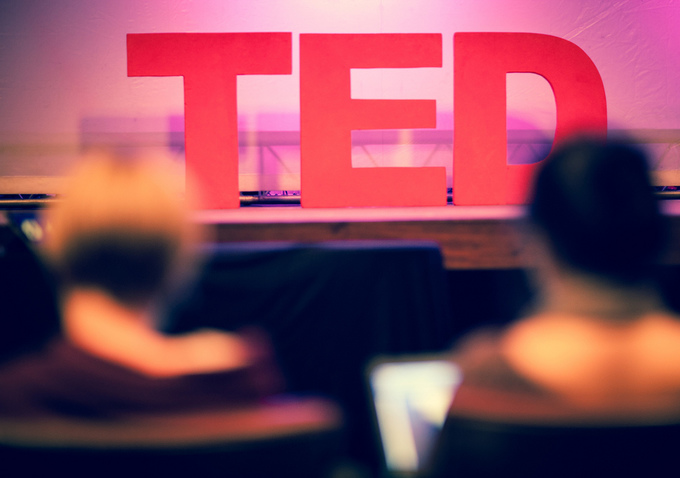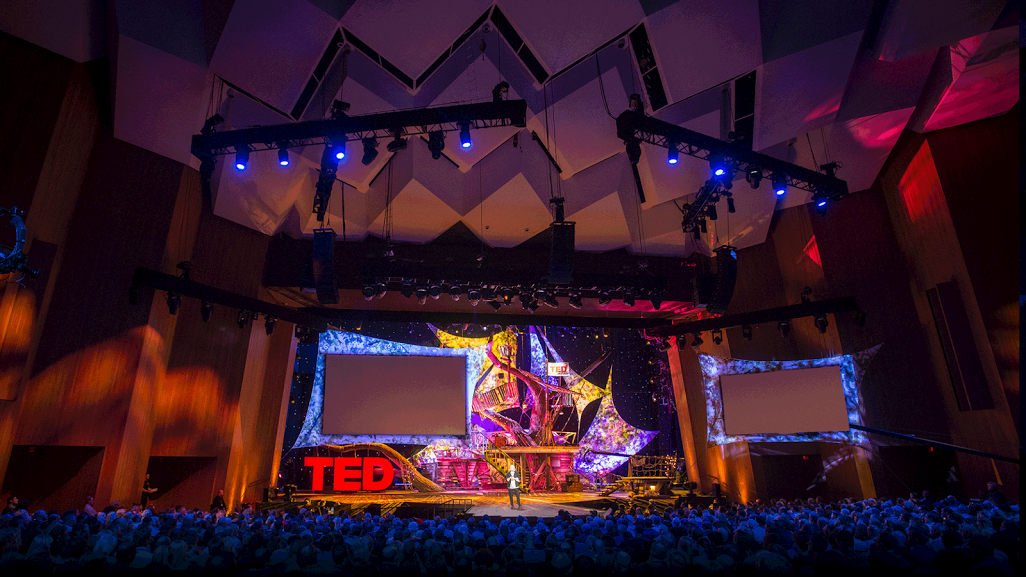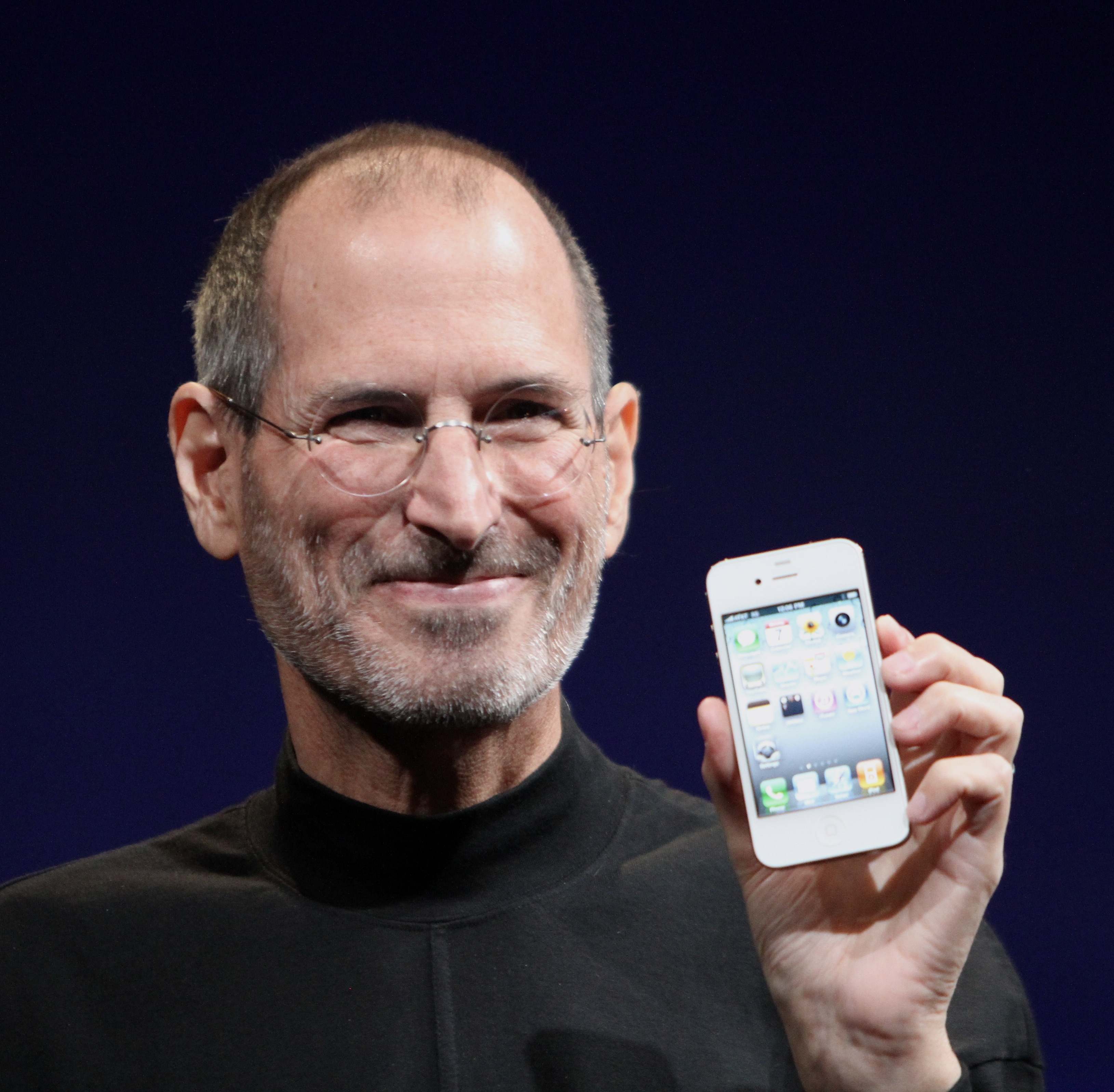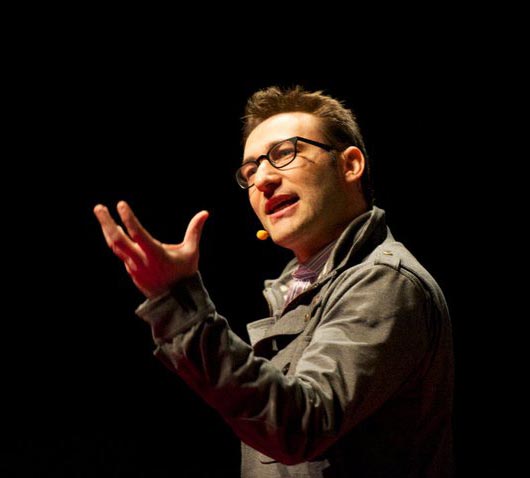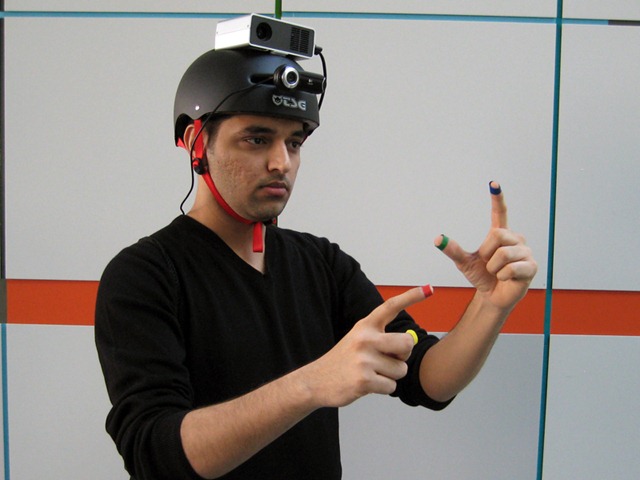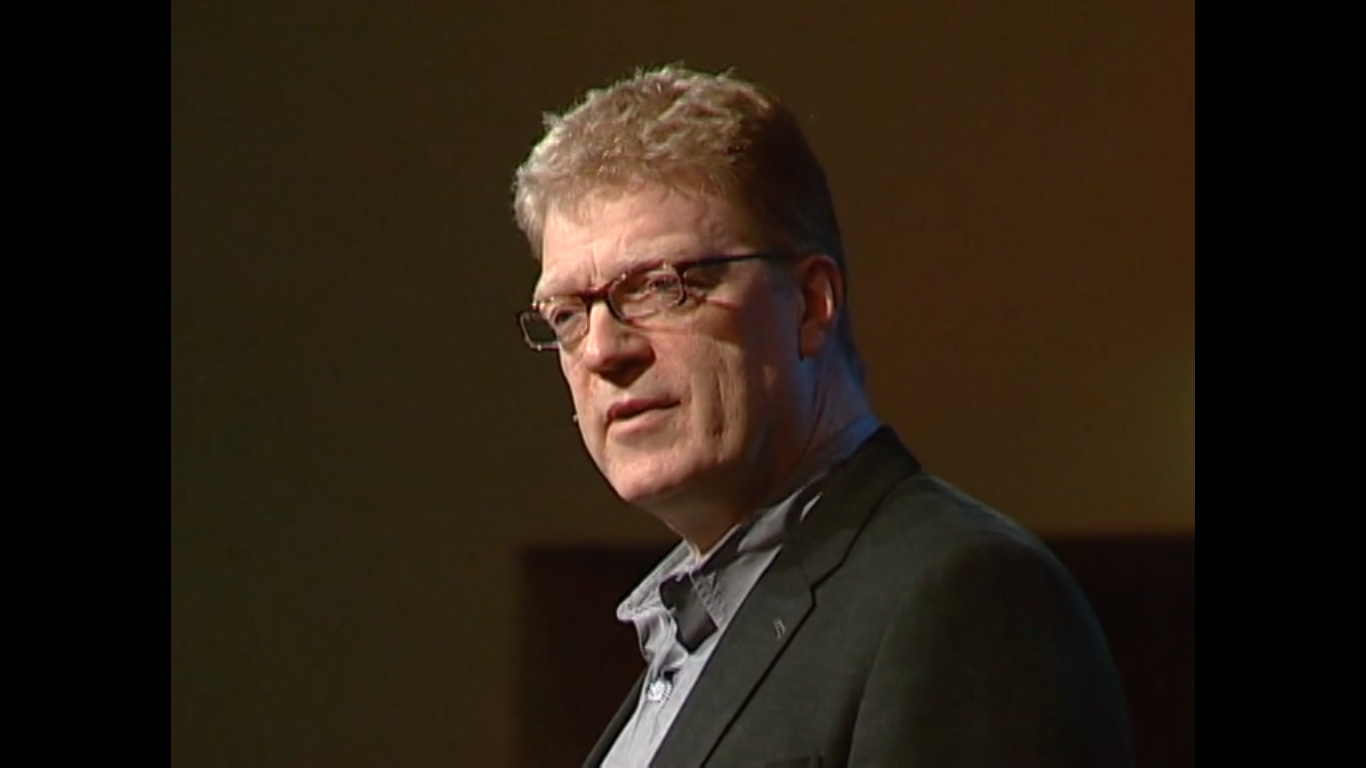Art and Culture
TED in a nutshell
The first ever TED—actually, TEDx—talk I’ve ever seen is of musician and artist Joey Ayala in TEDxDiliman. He talked about how he became a native and how ‘Lupang Hinirang’ (the Philippine national anthem) is ought to be sung. For me, he hit a home run.
His rendition of the national anthem sparked quite a controversy with the National Historical Commission and other concerned parties. They were arguing that he bastardized the anthem. Ayala himself knows that he “tampered” with the song and it is “an illegal act.” He even joked about sharing “a special bond” with his audience because of his talk. But for me, he made it more relevant. He made it better.
That was my first TED (well, TEDx) experience.
My second TEDx encounter was with Ash Beckham. She talked about coming out of your closet.
“Not just the gay closet,” Beckham emphasized.
After hearing her say, “There is no ‘harder’, there is just ‘hard.’ We need to stop ranking our ‘hard’ against everybody else’s ‘hard’ to make us feel better or worse about our closet and just commiserate on the fact that we all have ‘hard.’” I knew she struck a chord in me.
That was my second TED (well, TEDx) experience.
What is TED?
TED basically stands for Technology, Entertainment, and Design.
According to TED.com, “TED is a nonprofit devoted to spreading ideas, usually in the form of short, powerful talks (18 minutes or less).”
It started in 1984 in Monterey, California as a simple conference that featured topics about technology, entertainment, and design.
Today, TED and TEDx—an independently run TED event run by communities—cover any topic under the sun “from science to business to global issues in more than 100 languages.”
In the Philippines, TEDxDiliman and TEDxManila have been hits, especially with college students and academicians.
In Canada, TED 2014 is currently ongoing and is being “webstreamed” for free in Vancouver for “accredited Vancouver-area secondary schools, universities, libraries, community centres and NGOs.”
TED Community Director Tom Rielly shared in a press release, “The education community is integral to everything we do at TED. What better way to celebrate educators and NGOs from our new home in Vancouver, a city that has welcomed us with incredible warmth and enthusiasm, than to open up our conference to their constituents?”
Ideas worth sharing
TED’s (and TEDx) mission statement is to “spread ideas.”
As a global conference, TED welcomes “people from every discipline and culture who seek a deeper understanding of the world.”
In the very essence of things, TED and its participating speakers believe that there are ideas worth sharing with the rest of the world; ideas that can “change attitudes, lives, and the world.”
Most of TED projects (TED Talks videos, TEDx, TED-Ed series, TED Prize, TEDActive) revolve around the guiding question: How can we best spread great ideas?
On TED.com it says, “Our agenda is to make great ideas accessible and spark conversation.”
According to Wikipedia, a central TED conference was held every year since its conception in Long Beach, California and Palm Springs. Starting this year, the main TED conference will be in Vancouver and Whistler, respectively.
Most watched TED Talks
With a vast array of topics up for grabs, TED and TEDx have welcomed a lot of interesting thinkers and speakers on their stage like former U.S. President Bill Clinton, best-selling author Malcolm Gladwell, Microsoft tycoon Bill Gates, humanitarian and U2 frontman Bono, the men behind Google Larry Page and Sergey Brin, and a handful of Nobel Prize recipients.
If you check out their website, you can spend hours upon hours just listening to the ideas of former TED speakers. In fact, by the end of 2013, there are over 1,600 TED Talks videos available online—worldwide and free of charge.
Out of all those talks, TED.com released a list of the Top 20 Most Watched TED Talks to date.
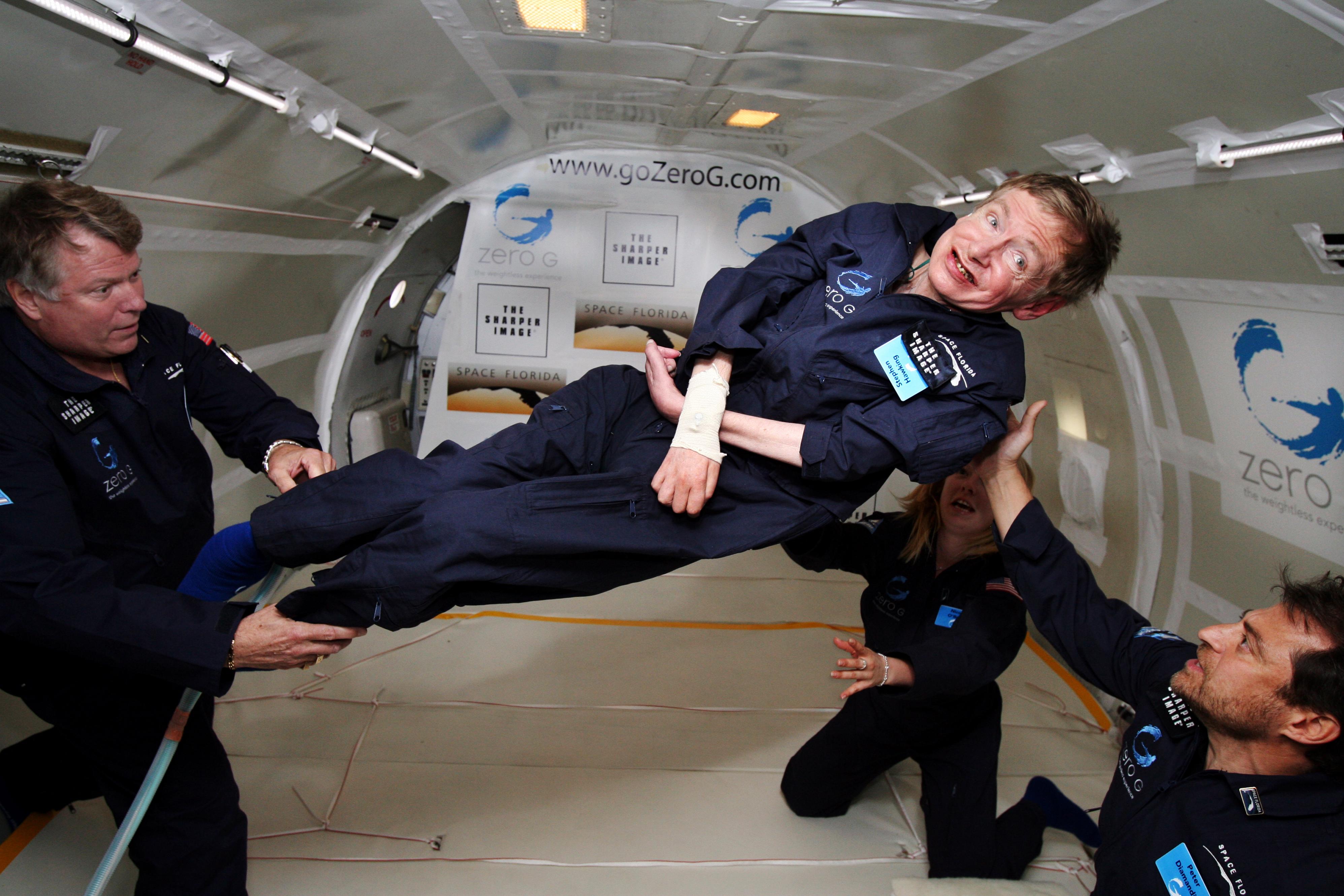
Stephen Hawking enjoys zero gravity during a flight aboard a modified Boeing 727 aircraft. Photo by Jim Campbell for Aero News Network via Wiki Commons.
On #17 is English theoretical physicist and cosmologist Stephen Hawking. His 2008 talk about big questions about the universe have earned 4,470,236 views as of posting.
The late Apple co-founder and CEO Steve Jobs and his thoughts about living before you die is on #9 with 5,444,022 views since it was posted on 2005.
Conceptualizer and author Simon O. Sinek talked about how great leaders inspire action in 2010 and now his video inspired people to watch his talk 7,539,516 times.
In true TED form, Indian computer scientist, inventor, and Samsung Research Director Pranav Mistry talked about the SixthSense—an interface device worn around the neck that contains a data projector and camera and operated by hand gestures—when he graced the TED stage in 2009. Today, his speech has been viewed almost 10 million times. 9,897,347 times, to be exact.
Topping the list at #1 is British author and international adviser on education Sir Kenneth (Ken) Robinson. In 2006, he talked about how schools kill creativity. As of posting, his message has been viewed 14,850,200 times around the world.

